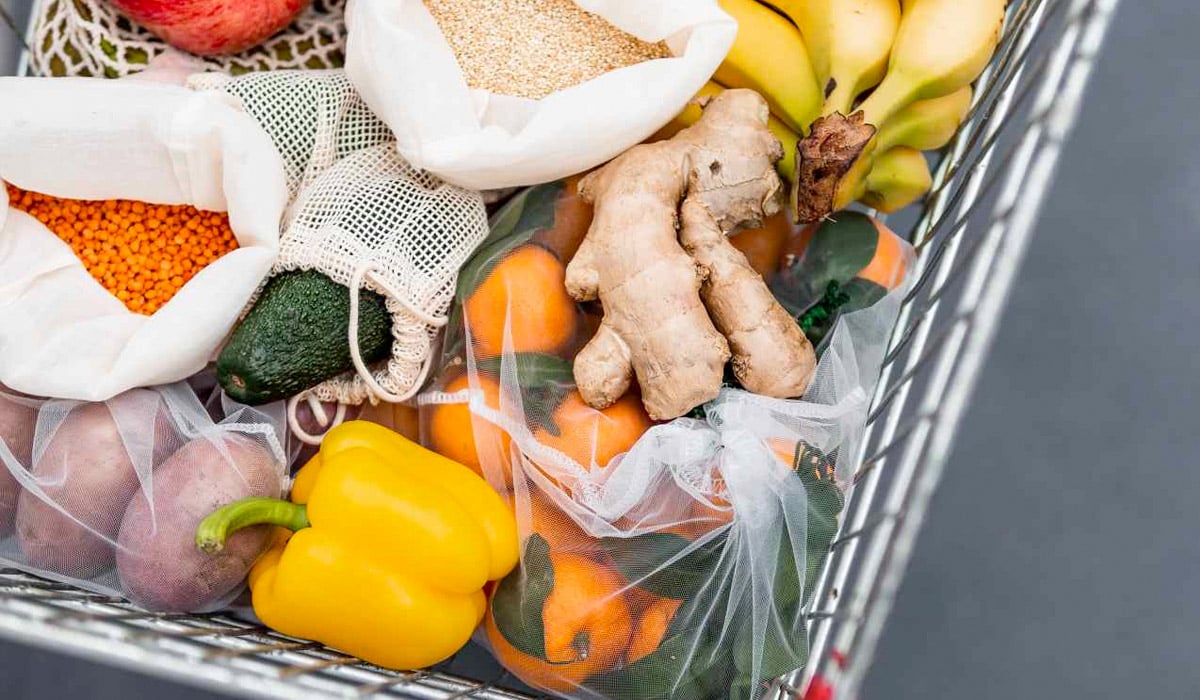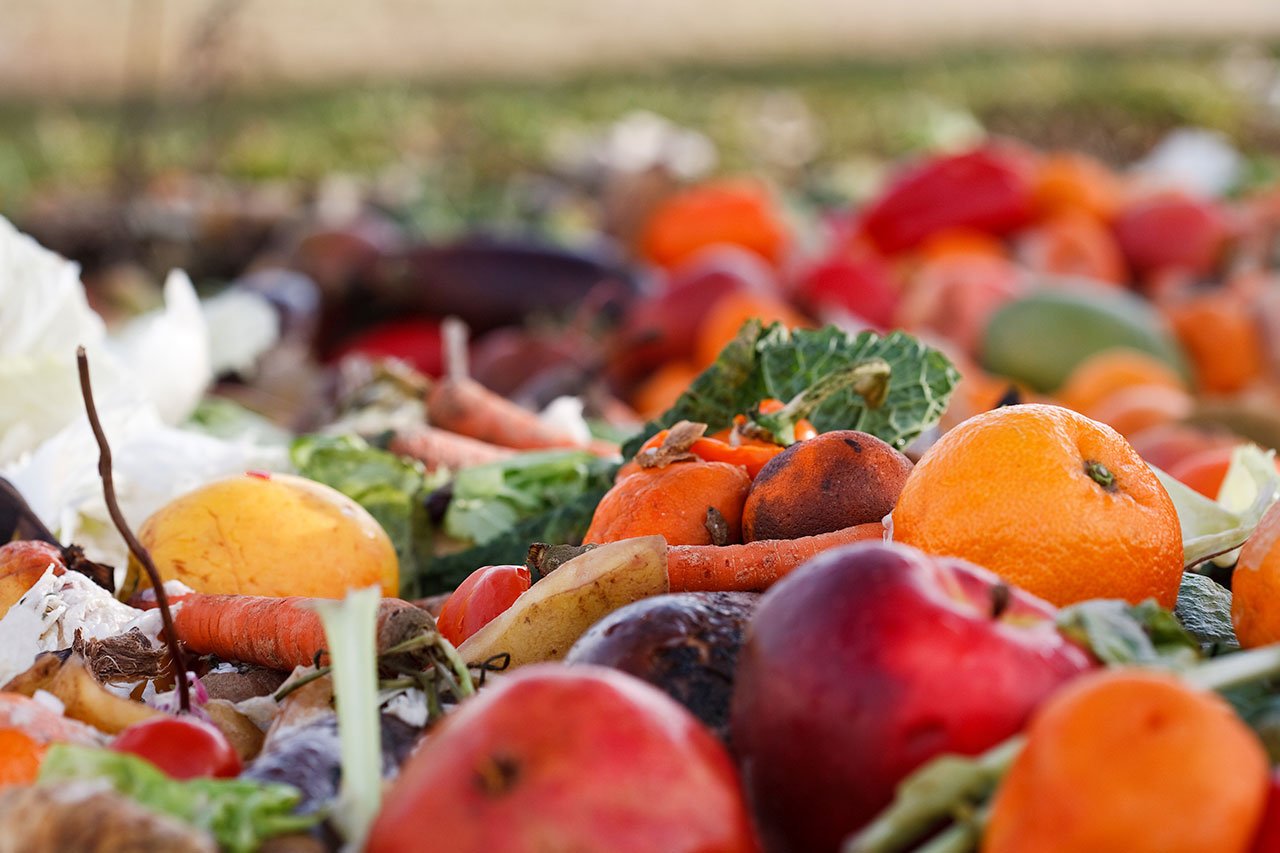Worldwide, approximately 1.3 billion tons of food go uneaten each year. Both producing and allowing this to rot take heavy tolls on the environment, yet one-third of all food ultimately ends up in landfills.
The industrialization of the food system is part of the problem, creating more steps in the process during which products may go to waste. Coupled with high standards for appearance and freshness, Americans are especially prone to disposing of uneaten food.
While slowing the tide of food waste is important, it is often overlooked. Curbing in-home food waste on a large scale is challenging, since it requires personal commitments from individuals. However, restaurants and supermarkets are stepping up to lessen their impact on the environment by cutting food waste.
Supermarkets Set Ambitious Goals to Slash Food Waste
Maintaining shelves full of fresh fruits, vegetables, meats, and dairy products requires carrying more stock than is likely to sell. Not only does overstocking ensure plenty of product availability, but it also creates an appearance of abundance that many customers find appealing. The unfortunate outcome is that much of this ends up in a landfill once no longer presentable. Since grocery stores often dispose of products without any tracking system, it’s unclear exactly how much waste grocery stores actually produce.
According to the nonprofit Center for Biological Diversity’s study “Slow Road to Zero”— self-described as “a report card on U.S. supermarkets’ road to zero food waste,” most of the 10 biggest grocery chains in the United States have made some commitment to reducing waste. Kroger, Walmart, and Ahold Delhaize USA have rolled out waste prevention and tracking strategies and publicly committed to achieving zero food waste by 2025, while Aldi, Target, and Whole Foods have started implementing prevention and tracking efforts.
Here’s what some of the industry leaders are doing:
-
Kroger
- Implementing Zero Hunger | Zero Waste plan designed to end hunger and waste
Partnering with Apeel Sciences to develop solutions, such as enhanced produce shelf life - Developing food waste prevention strategies in conjunction with the World Wildlife Fund and World Resources Institute
- Publicly disclosing results of food waste analyses
- Implementing Zero Hunger | Zero Waste plan designed to end hunger and waste
-
Walmart
-
- Committing to zero waste by 2025 in the United States and Canada
- Working with suppliers to improve inventory flow and forecasting
- Developing a field-to-store network for perishables
- Implementing Project Gigaton to standardize date labeling, promote food waste reporting for suppliers, introduce donation and recycling policies, and more
-
Ahold Delhaize
- Achieving zero waste at some stores
- Introducing dynamic pricing to attempt to move products before their sell-by dates
- Enhancing purchasing, tracking, stocking, packaging, and transportation efforts aimed at preventing waste
- Publicly reporting food waste volume
Innovative Restaurant App Fights Waste While Helping Bottom Lines
Daily specials have long served as a convenient way for restaurants to reduce waste by using products before they expire, but technology now affords a new twist on this tradition.
Innovative app Too Good To Go enables users to purchase mystery bags from their favorite restaurants. These typically cost $4 to $6 and contain uneaten leftovers that might otherwise be disposed of, thereby helping restaurants bring in extra money while preventing food from ending up in a landfill. The app launched in Manhattan and Brooklyn in September with 200 participating restaurants, and has expanded to include all five boroughs and more than 1,100 locations.
New Laws Motivate Change
Several states and municipalities across the country have implemented laws intended to divert food waste from landfills and promote recycling. As high-food waste generators, supermarkets and restaurants are often the main focus of these regulations.
New York State Assembly Bill A4398A is one such initiative. This requires grocery stores to periodically donate edible excess food to qualifying organizations, such as food pantries, food banks, or soup kitchens. While the terms leave flexibility for businesses, the bill sets the precedent that excess food fit for human consumption should be donated, whenever possible.
To further reduce the burden of food waste, American Organic Energy is developing a large-scale anaerobic digester to process the city’s food waste to produce renewable energy, while reducing carbon emissions.








